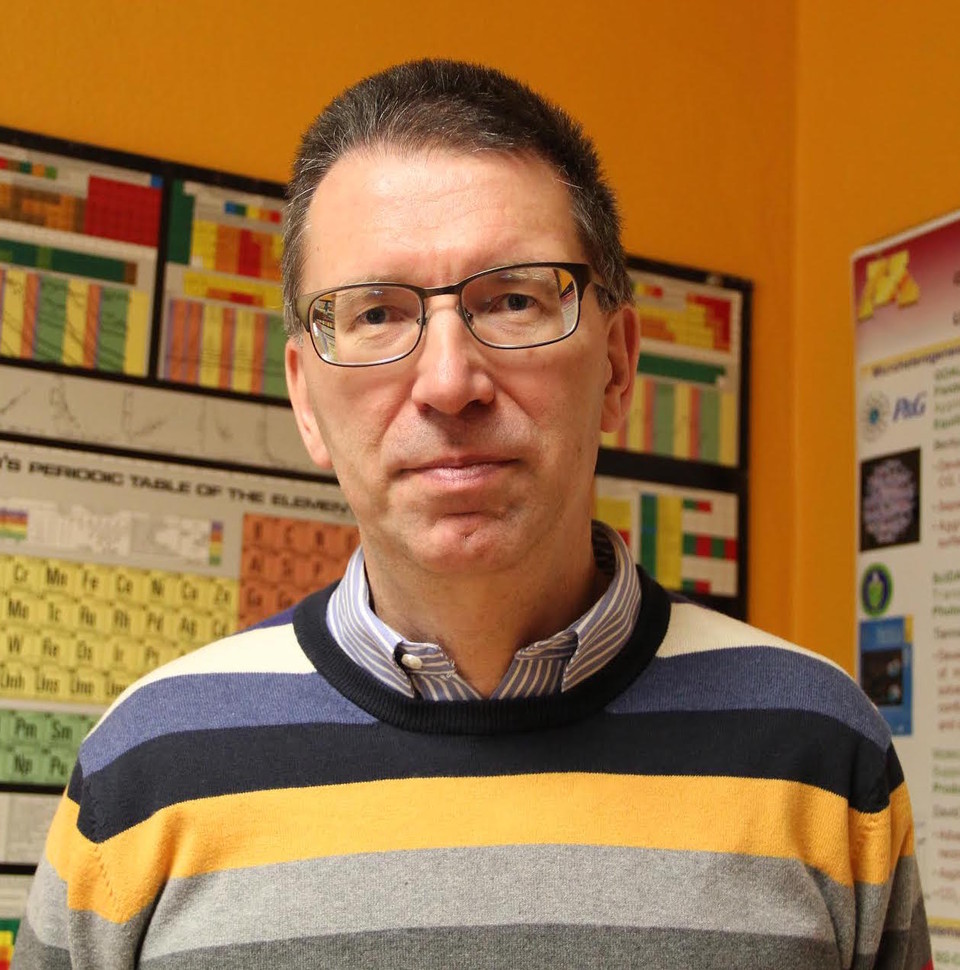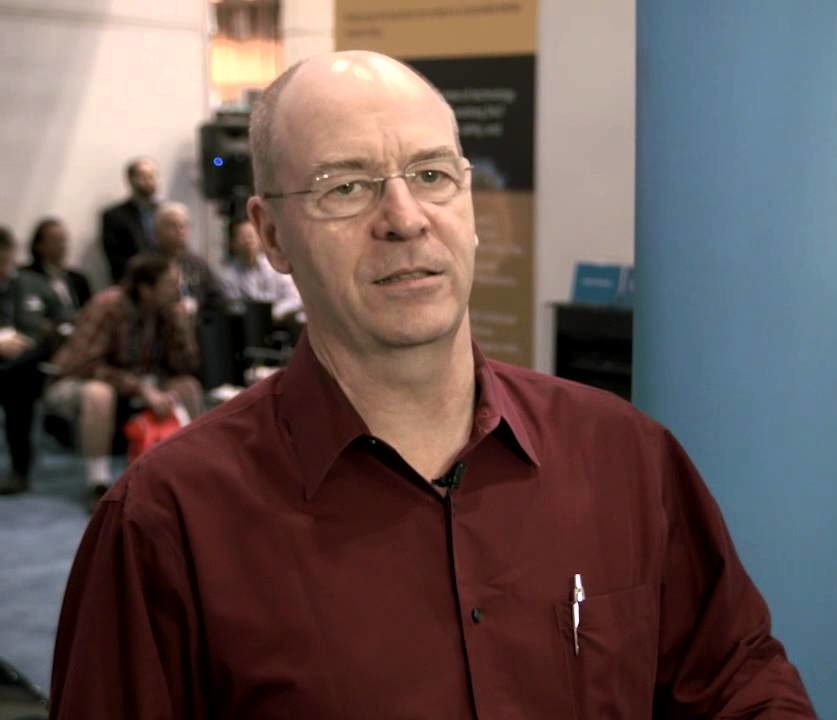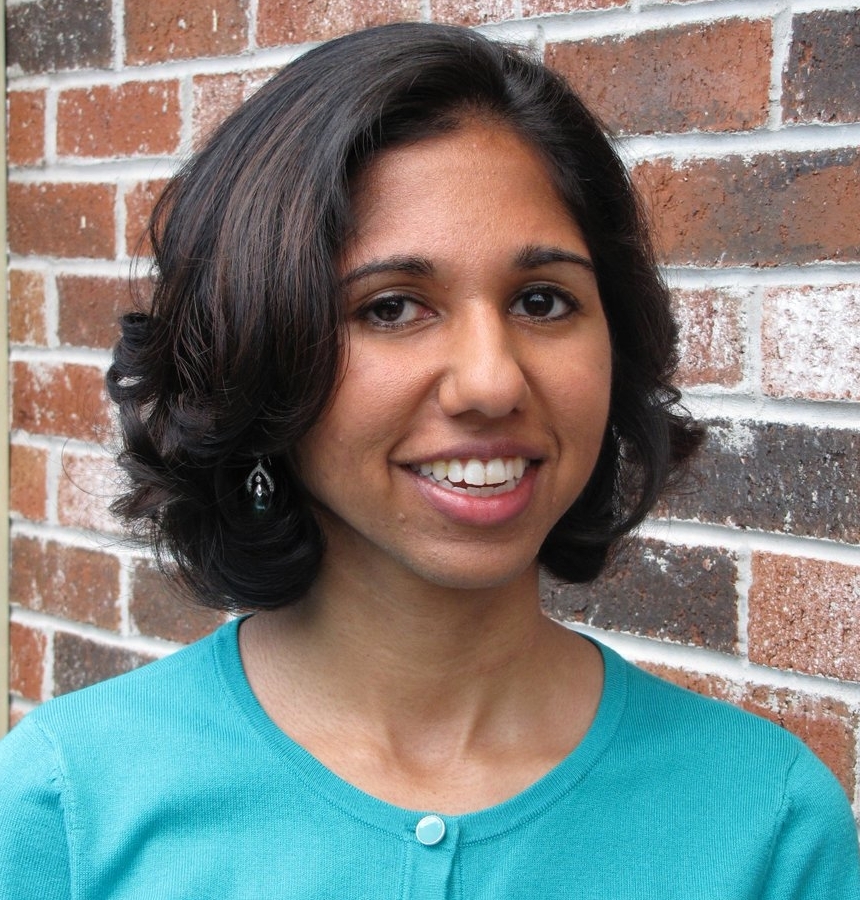My advisors have proved to be very valuable resources for me. I don’t know where I would be without their mentorship and guidance, and I would like to extend my gratitude to them. They have all been genuinely kind, invested in my scientific progress, and helpful in every way.
Dr. Siepmann is a Distinguished McKnight University Professor and Distinguished Teaching Professor, and member of the Graduate Faculties in Chemistry, Chemical Engineering, Materials Science, and Scientific Computing at the University of Minnesota. He completed his undergraduate studies at the University of Freiburg in Germany and his doctorate at the University of Cambridge. As a post-doctoral researcher, he worked in the IBM Zurich Research Lab, Koninklijke/Shell Lab in Amsterdam, and the Laboratory for Research on the Structure of Matter at the University of Pennsylvania. Currently, he holds a tenure position at the University of Minnesota and directs the Siepmann Group, which specializes in particle-based computer simulation.
Website: http://siepmann.chem.umn.edu

Kenneth Merz completed his undergraduate degree at Washington College and his Ph.D. at The University of Texas at Austin. As a post-doctoral researcher, he worked at Cornell University and the University of California, San Fransisco. In the past he has taught at the University of Florida and Pennsylvania State University, and he is now Editor-in-Chief of the ACS Journal of Chemical Information and Modeling as well as Director of the Institute for Cyber Enabled Research, and Joseph Zichis Chair in Chemistry at Michigan State University.
Website: http://www.merzgroup.org

Erik Deumens received his Bachelor’s Degree in Physics and Mathematics from the University of Antwerp in Belgium, as well as a Master’s Degree in Physics. He earned a Ph.D. and D.Sc. in Physics from the Free University of Brussels, and did post-doctoral research at the University of Limburg through a section of the Belgian National Science Foundation. Since then, he has taught and conducted research at the University of Florida, co-directing the Quantum Theory Project with Kenneth Merz.
Website: http://people.clas.ufl.edu/deumens/

Mala Radhakrishnan completed her undergraduate degree in Chemistry and Physics from Harvard University. After working with Teach for America, she went to Massachusetts Institute of Technology to earn a Ph.D. in physical chemistry. She joined the Wellesley Chemistry Faculty in 2007, and is currently an Associate Professor of Chemistry. She is also a poet–a chemistry poet–with a published book about chemical interactions and concepts titled Atomic Romances, Molecular Dances.
Website: https://www.wellesley.edu/chemistry/facultystaff/radhakrishnan
Atomic Romances, Molecular Dances
Thinking, Periodically: Poetic Life Notions in Brownian Motion
